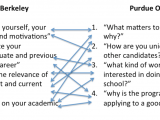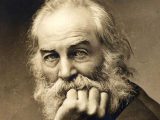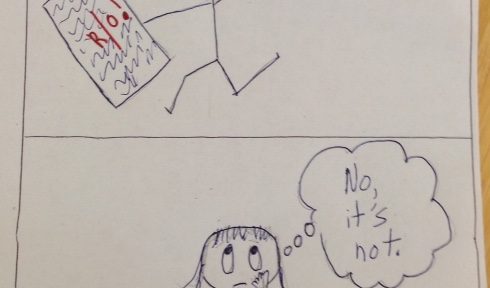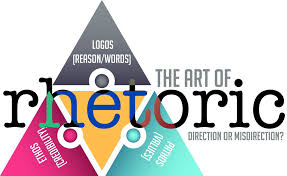Writing a Personal Statement or Statement of Purpose

I’m embarrassed in retrospect by the statement I wrote when I first applied to PhD programs as a recent graduate from SUNY Binghamton. I was living abroad, in love with what I was doing and with my aspirations, and really excited about being so brilliant and insightful. I wrote something in my first paragraph about […]







